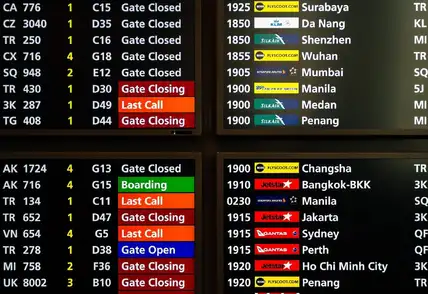Airport code
Airport code (or IATA location identifier, IATA station code) is a three-letter unique identifier used globally to distinguish airports.
The International Air Transport Association (IATA) created these identifiers to simplify communication between airlines, airports, and travel-related businesses. Airport codes are primarily used for passenger services, including flight bookings and ticketing. Additionally, luggage is tagged with these codes, ensuring bags are routed to the correct destination.
Airport codes are often based on the airport’s location or name. For example, LAX refers to Los Angeles International Airport, and JFK refers to John F. Kennedy International Airport in New York. By using these codes, airlines, airport staff, and air traffic controllers can easily reference specific airports without relying on full names.
This is not to be confused with ICAO codes—four-letter identifiers used for aerodromes around the world—which play a crucial role in safety and coordination. IATA codes are more general public friendly, as they are seen on timetables, reservations, and baggage tags.




